Best (and worst) foods for multiple sclerosis
Restore energy and help ease symptoms with these eats.

Multiple sclerosis (MS) is a neurological disease that disrupts the communication between the brain and the rest of the body. MS symptoms, which range from mild to disabling, can often be managed with physical therapy and medication. And while there is no specific MS eating plan, diets low in fat and high in fiber are generally recommended to help boost energy levels, bladder and bowel function and overall health. Check out the foods you should be loading on your plate and which are better left alone.
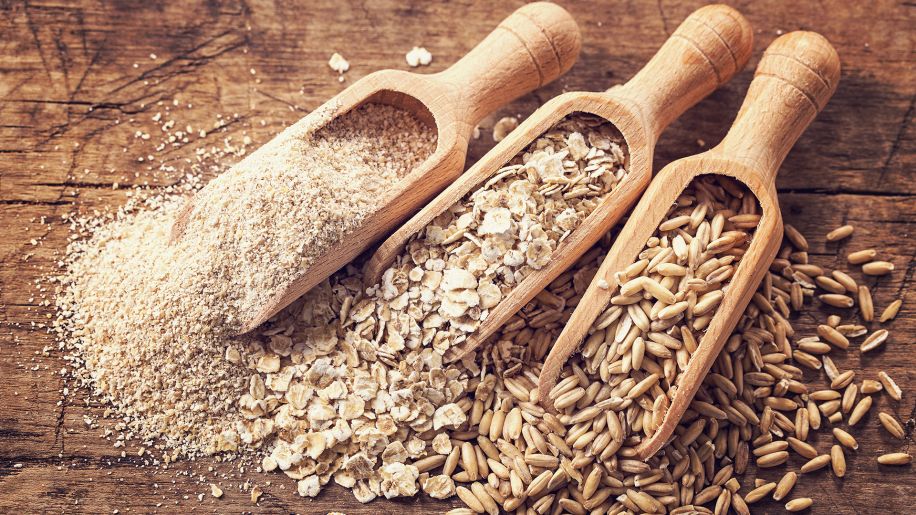
Splurge: Whole Grains
Adequate fiber should be a staple in any healthy diet, but it’s especially important for people with conditions like multiple sclerosis. MS can affect any part of the body, including the bowels. Consuming enough fiber can be a good way to help relieve constipation, a potential side effect of the condition.
Fiber is plentiful in whole grains, like oatmeal, brown rice and barley (which goes great in a soup)—you get 4 grams, 2 grams and 15 grams of fiber per half-cup serving, respectively. When building your meals, be sure to fill one-quarter of your plate with 100-percent whole grains.
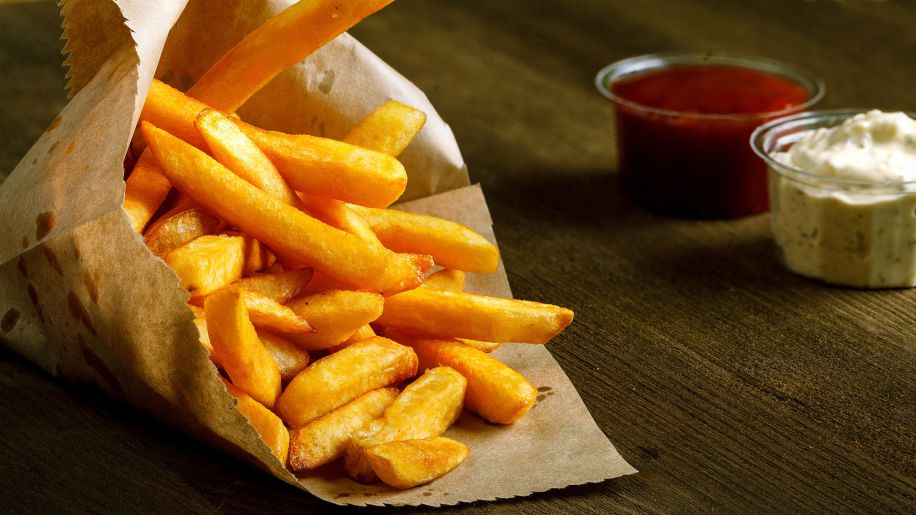
Purge: Fried Foods
An abundance of saturated fats and trans fats, found in foods like red meat, full fat dairy products, fried foods and highly processed junk food, isn't good for anybody. But people with MS need to be especially careful with saturated fat consumption. Some evidence suggests intake of saturated fat speeds the progression of multiple sclerosis. Most diet plans studied for managing MS symptoms recommend avoiding saturated fats.
The American Heart Association (AHA) recommends limiting saturated fats to less than seven percent of daily caloric intake. Trans fats should be limited to less than one percent of total calories.
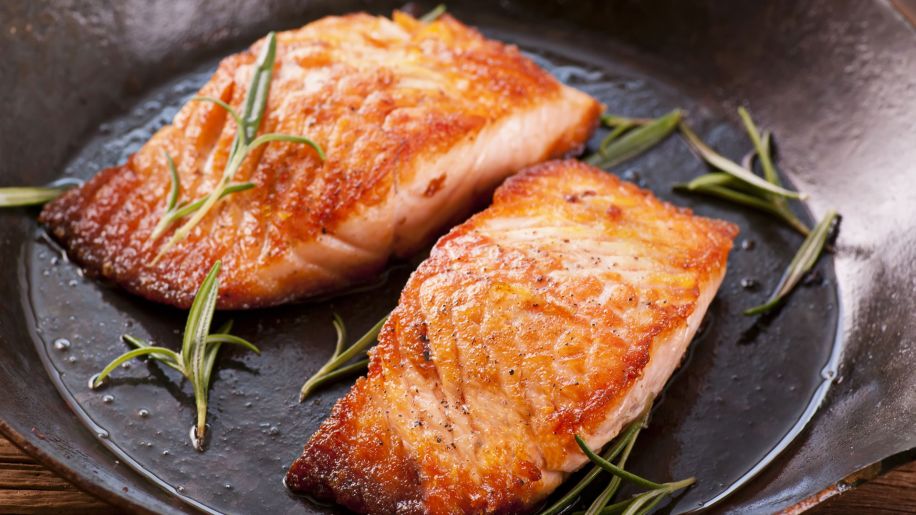
Splurge: Fatty Fish
Our bodies need healthy fats to survive. Unsaturated fats, like omega-3 fatty acids found in salmon, tuna and mackerel, promote the proper function of the heart and nervous system. But that’s not all—although research is inconclusive, some literature suggests omega-3s may help ease depression, a condition that affects 50 to 60 percent of people with MS. But too much of a good thing isn’t always ideal. About 25 to 35 percent of your daily calories should come from fat, so don’t overdo it, and when you do pick fatty foods, swap unhealthy saturated fats for the better-for-you unsaturated kinds.

Purge: Sugary Foods and Drinks
Added sugars, found in soda, fruit juices, candy bars and baked treats, are on the list of foods to avoid when you have MS. The recommended limit of sugar consumption for anyone is about 100 to 150 calories per day. Sugar is void of nutritional value and may result in a drastic rise and fall in your blood sugar—a crash that often only exacerbates MS-related fatigue.
What makes baked goods so bad for people with MS? In addition to sugar, they’re loaded with trans fats and saturated fats like butter, cream and certain vegetable oils. If you’re in the mood for something sweet, opt for a piece of whole fruit.
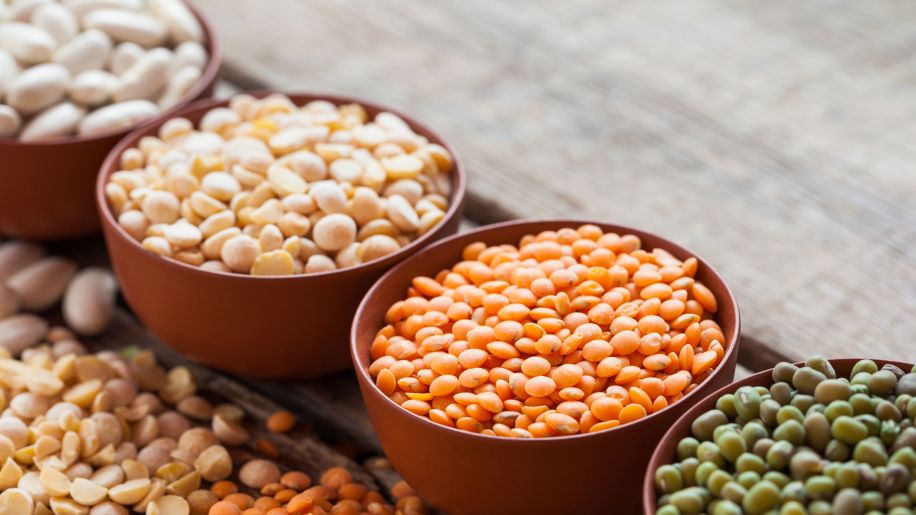
Splurge: Beans and Legumes
Our bodies rely on protein to repair and rebuild cells. There are different types of protein: Animal protein like meats, poultry and fish and plant-based protein, found in soy, beans and other legumes. Not only are beans and legumes low in fat and packed with protein, they’re also rich in fiber. Fiber and protein help keep you feeling fuller longer and allow your body to function properly. Per half-cup serving, black beans contain 7 grams of fiber and 7 grams of protein; tofu contains 1 gram of fiber and 10 grams of protein; and lentils are packed with 8 grams of fiber and 9 grams of protein.
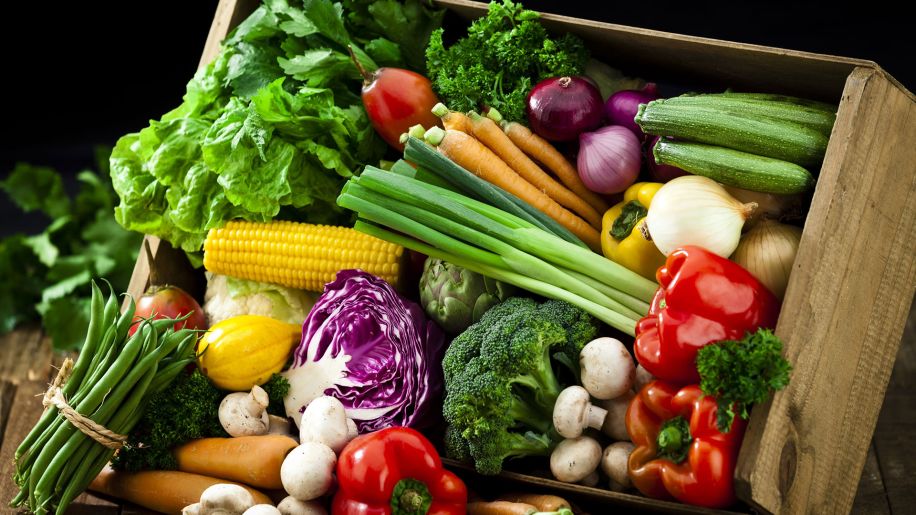
Splurge: Produce
Fruits and veggies are loaded with vitamins and minerals and should be the cornerstone of any diet. The United States Department of Agriculture recommends adults consume between 1 and 2 cups of fruit and 2 to 3 cups of vegetables each day. Fruits and veggies also deliver a healthy dose of good-for-you fiber. Antioxidant-rich fruits and veggies like berries, oranges, spinach and beets may also work to protect cells from damage caused by free radicals, making them a great choice for people with MS.
Featured Content

article
